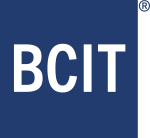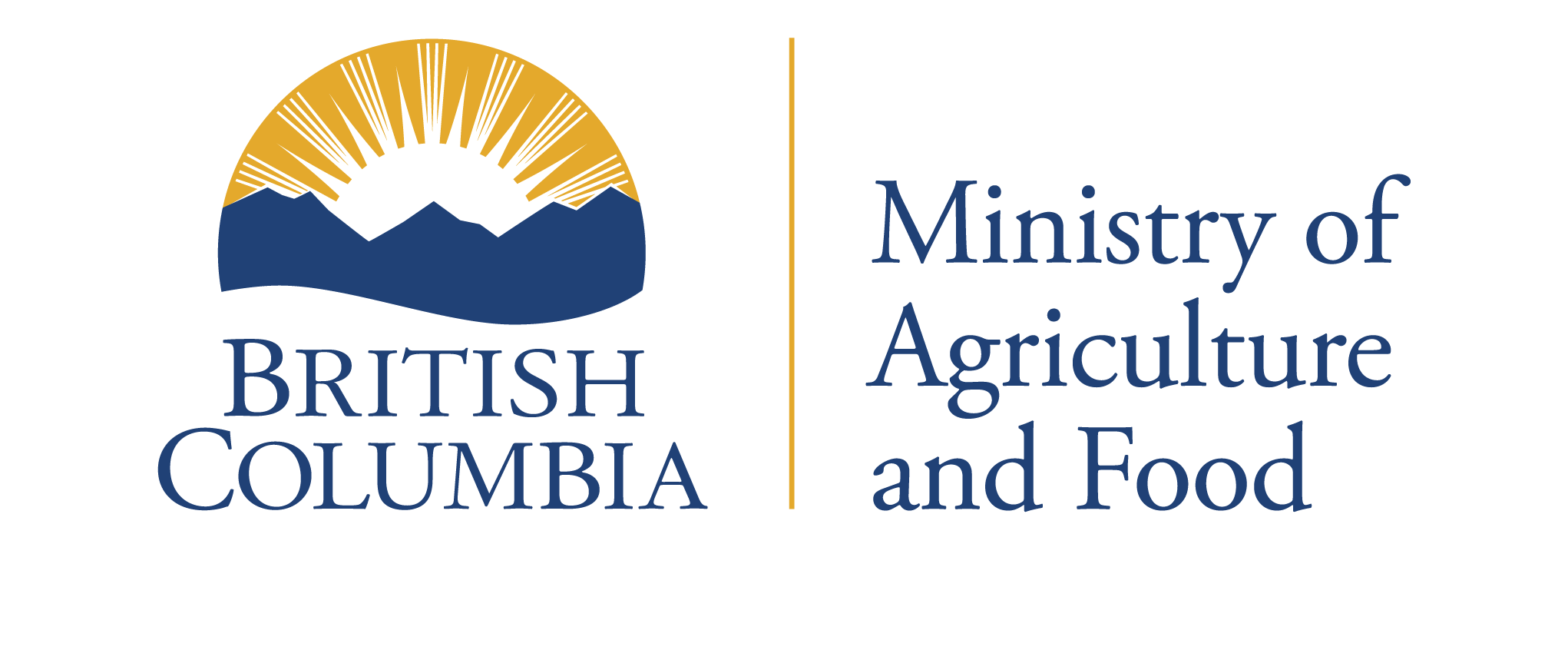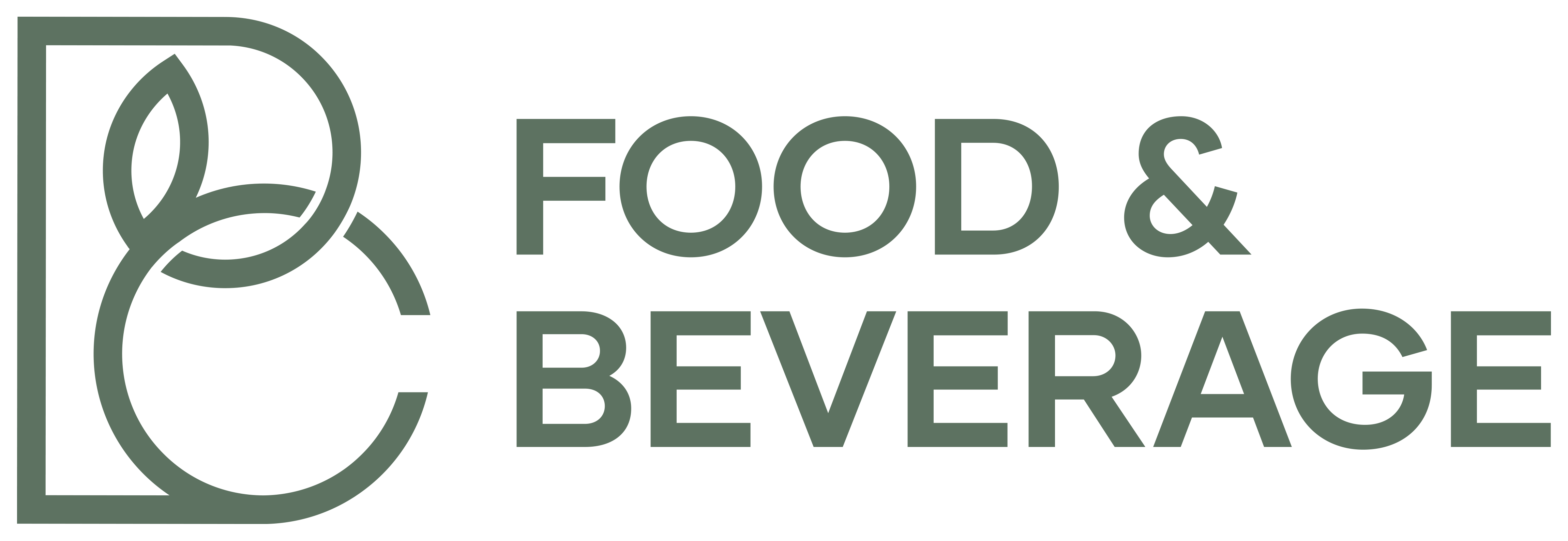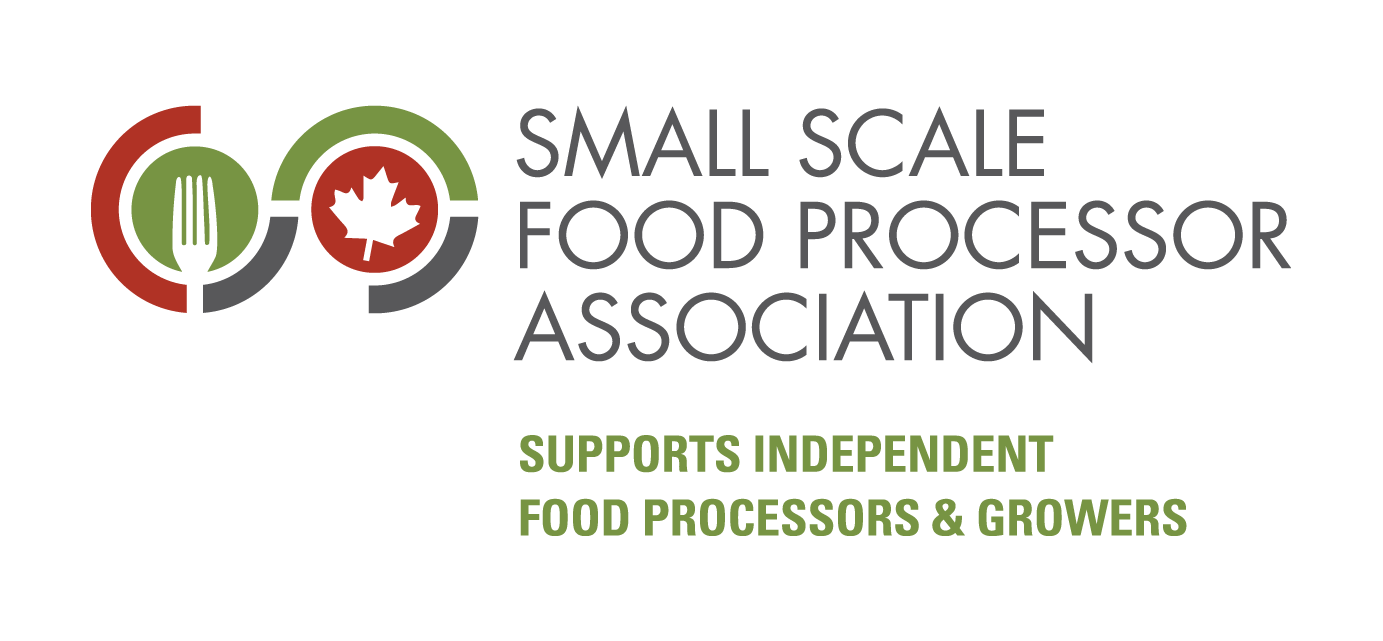What is the Micro-certificate in Food Safety Management?
This online program includes flexible micro-courses that will elevate your knowledge and skills as a member of a quality assurance team in the food production industry. Each course requires a commitment of approximately 12 hours a week (a combination of online learning and synchronous meetings), and runs for 4-6 weeks.
Courses involve online readings, video lectures, and problem sets. As needed, synchronized meetings may be arranged so that learners may have a chance to ask questions and hear from industry experts. Specifically, the Internal Auditor Training course requires students to perform an internal audit at a food production location to gain important hands-on experience.
Students who successfully complete all three UBC courses and one BCIT course will earn a non-credit Micro-certificate in Food Safety Management issued by both UBC and BCIT.
Registration
Registration for the Food Safety Management Micro-certificate for the spring term will open soon.
What qualifications are needed to take these micro-courses?
- Degree, diploma, or certification in science or food science
- OR At least two years of experience in food industry or services
Why should I enroll?
Are you interested in making food and beverages safe for consumers? Do you want an exciting career in the food industry in B.C.?
Across B.C., there are 2500 companies making value-added protein, dairy, fruit and vegetable products; condiments; baked goods; and beverages such as wine, beer, and soft drinks. There is a growing need for well-trained food safety professionals who work in-house, as consultants or external auditors.
The Food Safety Management micro-courses provide you with professional skills and knowledge to enhance your career. You will gain important competencies needed to assist food manufacturing, food distributors and food service outlets with their comprehensive food safety and quality programs.

Possible careers in food safety management:
- Government Health Inspection Officer
- Quality Assurance and Quality Control Technician
- Continuous Improvement Manager
- Consultant
- Food Safety Specialist
- Internal Auditor in a food processing facility
Current Course Offerings
Students need to complete three UBC courses and one BCIT course to obtain a program certificate:
- UBC Courses: Fundamentals of Food Science for Professionals, Food Safety Management Principles, Laws and Regulations, Designing and Implementing a Traceability Program
- BCIT course: BCIT Internal Auditor Training course (FOOD2170)
If you have any questions about the Food Safety Management Micro-certificate Program, you can email: education.fbic@ubc.ca.
For those who are new to the food industry or who want to upgrade their knowledge on safe food production, this is a foundational course. Students will learn the principles of food science and how the Canadian food system works. Topics include food processing and production principles and technologies commonly employed in the Canadian food industry to produce safe and high-quality products. In addition, students will gain an understanding of food chemistry, microbiology and toxicology, and learn how these impact the safe production and storage of food. No prerequisites required.
Course begins Sept. 16, 2024.
Students learn the rules governing safety standards in food production in Canada and B.C., including HACCP (Hazard Analysis and Critical Control Program), Safe Food for Canadian Regulations (SFCR), and the role of Health Canada’s Canadian Food Inspection Agency (CFIA). Also students will learn about the Global Food Safety Initiative (GFSI). Using a case study approach, students develop a food safety plan that meets the needs of the food processor as it grows from a small entrepreneur using a shared kitchen to a large company with national distribution. Other topics include manufacturing principles to ensure allergen control, supplier management, and optimal cleaning and sanitation in food production. No prerequisites required; this course is required for BCIT course: Internal Auditor Training.
Course begins Oct. 21, 2024.
Learn how to design, develop and implement traceability procedures from ingredient, packaging materials and processing aids receiving to finished product distribution. Learn how to validate your traceability procedures.
Course begins in January 2025.
This course will prepare food plant personnel to perform internal audits to determine if the food manufacturer's food safety and quality program is being implemented such that it effectively meets required standards. The student will learn how to prepare the audit, collect audit evidence, evaluate the audit evidence to determine conformance, write the final audit report and prepare Corrective Action Requests for the management team. Prerequisite for this course: Food Safety Management Principles, Laws and Regulations.
Course details: www.bcit.ca/courses/internal-auditor-training-food-2170/
Visit the BCIT website to register in a future session.
Lana, Fall 2023 Cohort
Having worked in the food industry for several years, I knew that staying updated on food safety regulations and best practices were essential for my career. The Micro-certificate in Food Safety Management at UBC was the right option to achieve this. The micro-courses provided a comprehensive understanding of key concepts that are practically applied to developing and maintaining a food safety system. The online format was flexible, allowing me to balance between working full-time and engaging with the course materials. I would definitely recommend this program to anyone in the food industry looking to refresh and advance their career.
Neda, Fall 2023 Cohort
The micro-certification program in Food Safety Management has been instrumental in advancing my expertise in this critical field. The program’s thorough and up-to-date content, combined with the guidance of seasoned instructors and a hands-on learning approach, has significantly improved my skills and opened new avenues for professional growth. I strongly endorse this program to anyone aiming to excel in food safety and elevate their career.
Moe, Fall 2023 Cohort
Participating in the Micro-certificate program for Food Safety Management was a fantastic experience. The comprehensive and up-to-date learning materials greatly enhanced my understanding of food safety protocols. The knowledgeable and approachable instructors shared valuable insights and practical examples. This valuable training has allowed me to prepare for my desired position in food safety management.
Listen to our Information Session held Aug. 24, 2023
Instructors

Dr. Anubhav Pratap-Singh holds the Endowed Professor in Food & Beverage Innovation, and chairs the Food Hub Network Academic Coordination Committee. Dr. Pratap-Singh is the Academic Director for this Micro-certificate Program. Dr. Pratap-Singh’s research group in the Food Nutrition and Health Program of the Faculty of Land & Food Systems explores novel technologies for preservation and quality extension of food products. Dr. Pratap-Singh serves on the Executive Board of the British Columbia Food Technologists’ Association (BCFT), and on the Section Advisory Council of the Canadian Institute of Food Science & Technology (CIFST) Association. Dr. Pratap-Singh also represents the Faculty of Land & Food Systems at the UBC Vancouver Senate and serves on the UBC Academic Policy Committee and the UBC Research & Scholarship Committee.

Dr. Farahnaz Fathordoobady is a Research assistant/ Instructor in Food, Nutrition & Health program, Faculty of Land and Food Systems, University of British Columbia. She is the program manager of this Micro-certificate program. Dr. Fathordoobady is supervising the Food Process Engineering Pilot Plant and is experienced in developing advanced processing techniques (thermal/non-thermal) to control the activity of pathogenic microorganism for food-safe production. She is the Lab instructor of “Advances in Food Process Science” (FOOD 524) for “Master of Food Science” program at UBC. Dr. Fathordoobady has also been working on developing innovated plant-based food additive formulations such as encapsulated natural food colorant with potential antioxidant activity, stable nano-emulsion systems and packaging films containing fruit puree, to enhance the product shelf-life and preserve the quality of food and beverage products. She is also a member of Highly Qualified Personnel (HQP) of Nanomedicines Innovation Network (NMIN).

Nancy Ross, BSc (Food Science), MAgr., University of Guelph. Nancy has enjoyed a variety of experiences in her career as a food scientist, working for the past 25 years in Vancouver as an independent food consultant. She has worked with a wide range of companies and assisted the owners of many micro- and small-scale food processors. Nancy also helped design the Commissary Connect Laurel Street facility – BC’s first regional full scale food innovation and processing hub. Nancy was a director for the Small-Scale Food Processors Association (SSFPA) for many years and now serves as chair of the Agrarians Foundation. Nancy is a faculty member at UBC in the role of sessional instructor for two courses. FNH 403 Food Law, Regulations and Quality Assurance is a prerequisite course for Food Science graduates that provides basic HACCP food safety training. A second course that is part of the MFS curriculum (FOOD 512, HACCP and Food Safety Management) provides a more in-depth analysis of food safety principles and techniques. Her extensive background and varied experiences provide her students with a variety of real-world experiences and much food for thought.

Alberto Mendoza-Galina, BSc Biochemistry Engineering. He is specialized in food sciences and technology, he is also a GFSI consultant/auditor, HACCP certified by the UN/FAO and the USDC/NMFS, his work has taken him to countries like the Kingdom of Saudi Arabia, Mexico, USA, and Canada, working in different production environments from aquaculture, farming/harvesting, processing, and distribution, to retail and food service establishments; in diverse industries, including, dairy, meat, poultry, seafood, beverage, canning, preserved foods, produce, confectionary, natural products, nutritional supplements, and entrée ready-to-eat products. His area of expertise lies in designing food safety and food quality management systems informed through hazard analysis and risk assessment. He works as an auditor for Merieux NutriSciences in Chicago, USA. At UBC he teaches the following courses, FNH 414 Sustainability and the Food Industry, AQUA 507 Seafood Processing, FOOD 516 Advanced Food Safety and Food Quality Management, and FOOD 527A Special Topics in Food Sciences. He is the science advisor and co-founder of two projects, aquaponics and Oreocromis aureus (tilapia) aquaculture, and Arthrospira platensis (spirulina) aquaculture in closed systems.

Rebecca Robertson, BSc (Microbiology), MSc (Food Science). Rebecca has extensive industry experience having provided technical consulting to the food and natural health product industry over the last 25 years. She is a Food Technology instructor and Research Associate for the Natural Health Products and Food Research Group at BCIT (British Columbia Institute of Technology). In 2020, she completed a master’s degree at the University of British Columbia during which her research focused on the use of continuous improvement tools to improve food safety and quality programs in the food manufacturing sector. Her projects combine science and business as this is the key to offering practical, economical solutions that work in a business context. This practical approach is embedded into all the food safety courses that Rebecca teaches including food technology courses, food safety courses for industry, and a new course for UBC, Food Safety and Quality Management.
Partners
These micro-courses are co-delivered by two institutions with a strong history of training food production and safety professionals: UBC and the BC Institute of Technology. In addition, UBC and BCIT are partnering with the B.C. food industry to provide an opportunity for students to conduct onsite audit testing.





